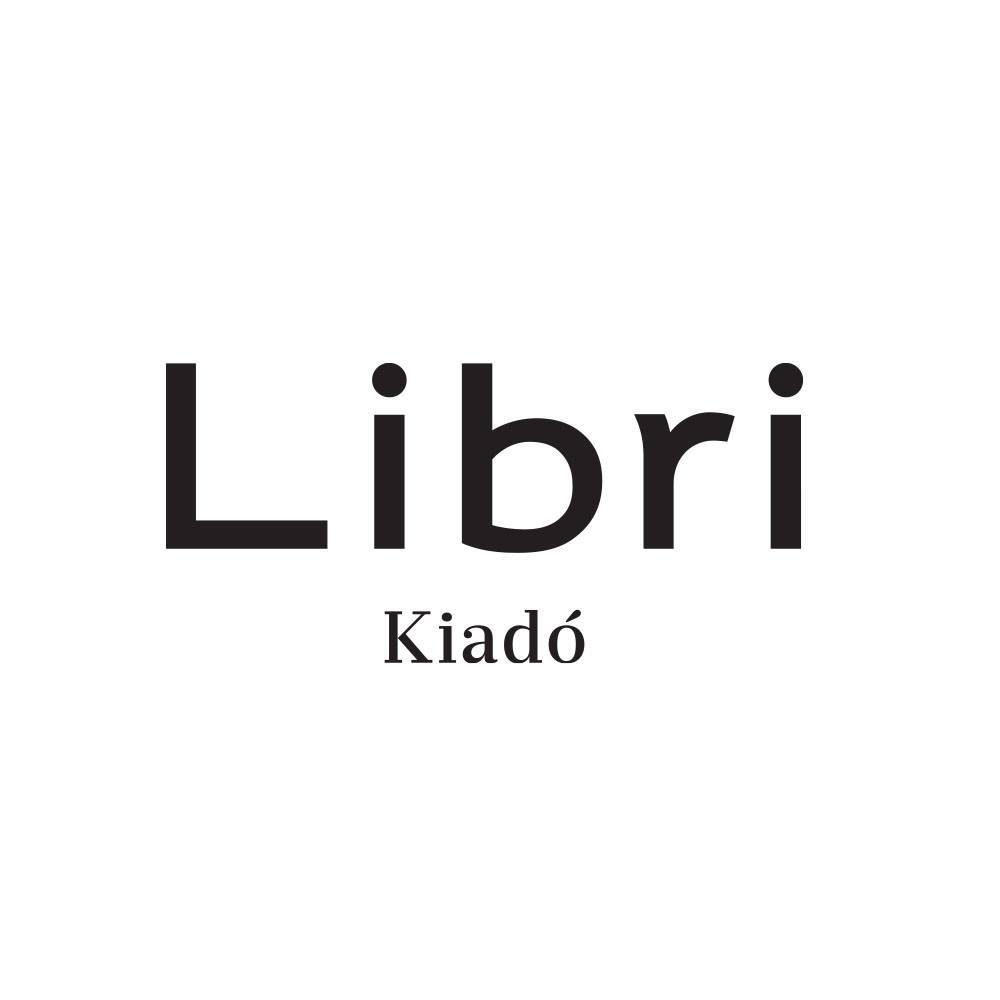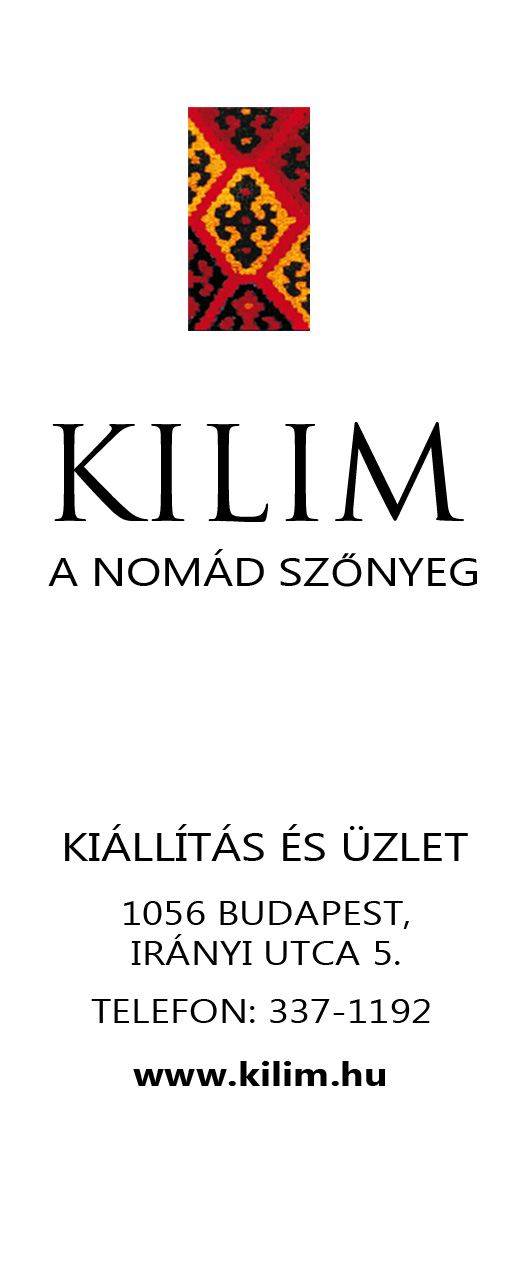The survival of the folk (UK, 60s) - Donovan, Fairport Convention, Pentangle, Jethro Tull
Rock
Szervezés:
The survival of the folk (UK, 60s) - Donovan, Fairport Convention, Pentangle, Jethro Tull
In the seventh season of the Rock and Roll Free University, we remain in the United Kingdom, where in the second half of the sixties, in addition to beat, blues and rock, English folk sounds also found new popularity. In February 1965, a barely 18-year-old Scottish boy appeared on the TV pop show Ready Steady Go, performing simple and catchy songs accompanied by an acoustic guitar in swinging London. And even though Donovan’s style had by the end of the decade shifted quite far from its initial position in the folk world, he still influenced an entire host of young people bent on discovering English and Celtic folk music, which he brought closer to the mainstream by incorporating rock elements into it. The most important of these new acts were Fairport Convention, Pentangle and, starting with a blues sound and later moving towards rock, Jethro Tull.
A series of rock history lectures from the blues to Elvis and the ’70s. An ongoing programme entitled of Rock and Roll Free University was launched on a monthly basis in the HMH Multimedia Library and Club in 2022. The Rock and Roll Free University presents the most important developments and performers in international pop history. After all, rock and roll, to put it somewhat simply, is the result of a unique cultural/historical marriage emerging from when the musical tradition of black slaves imported from Africa (the blues) and the white settlers who emigrated from Europe (country) met on a third continent, North America, and started continuously mixing their styles. Furthermore, all this took place in a society undergoing radical transformation in the wake of technological advances and the associated industrialisation and urbanisation. In the seventh season of this series (spring 2025), we examine the social, cultural and musical developments taking place in the United Kingdom in the late ’60s and early ’70s.
This program is held in Hungarian.
Dear Visitor, We kindly inform you that during the event, photographs, audio recordings, and/or video recordings may be taken. By attending the event, you consent to the recording of such materials through your implied conduct.

